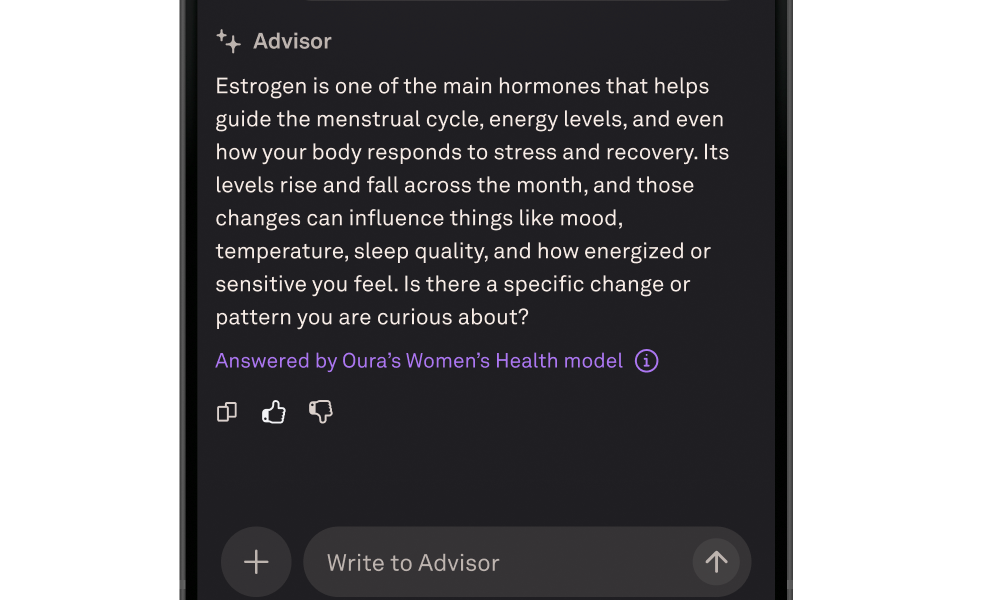Otterly.AI, a platform that helps brands track and optimize their presence across major AI search platforms like ChatGPT, Google AI Overviews, and Perplexity, has emerged from stealth after recruiting over a thousand customers, including agencies, brands, and tech companies. Otterly.AI's platform provides weekly insights into brand visibility, link mentions, and sentiment across AI search engines to support users as they optimize their online presence in a context increasingly dominated by AI-powered search engines.
Founded by SaaS veterans Thomas Peham, Klaus-M. Schremser, and Josef Trauner, the bootstrapped startup addresses a critical need in the evolving search landscape. With Gartner predicting a 50% decline in organic search traffic by 2028 due to AI adoption, and platforms like ChatGPT and Perplexity experiencing accelerated growth that places them among the most visited websites, traditional brand visibility strategies—what is known as SEO, or search engine optimization—are becoming obsolete.
SEO mainly focuses on two things: how search engines index websites, and the keywords users leverage to find the relevant information. Since LLMs do neither, but rather unearth information according to the likelihood that strings of text appear together, much of what is starting to be known as generative engine optimization, or GEO, has to do with brand-related content appearing enough times, in the right places, and in the context of the right sentiment.
GEO is not without controversy, as part of appearing in the right places largely means that brand-related content needs to appear in places where it can be picked up by generative AI companies' scraping bots. Moreover, it is also reasonable to think that brand content, much like news-related content, is at risk of being misrepresented by AI search engines. A fairly recent study examined how ChatGPT surfaced content, especially from publishers with whom OpenAI had established partnerships, and found multiple inconsistencies, including misattribution (for instance, by attributing a Washington Post piece to the New York Times) and citing evidently plagiarized content.







Comments